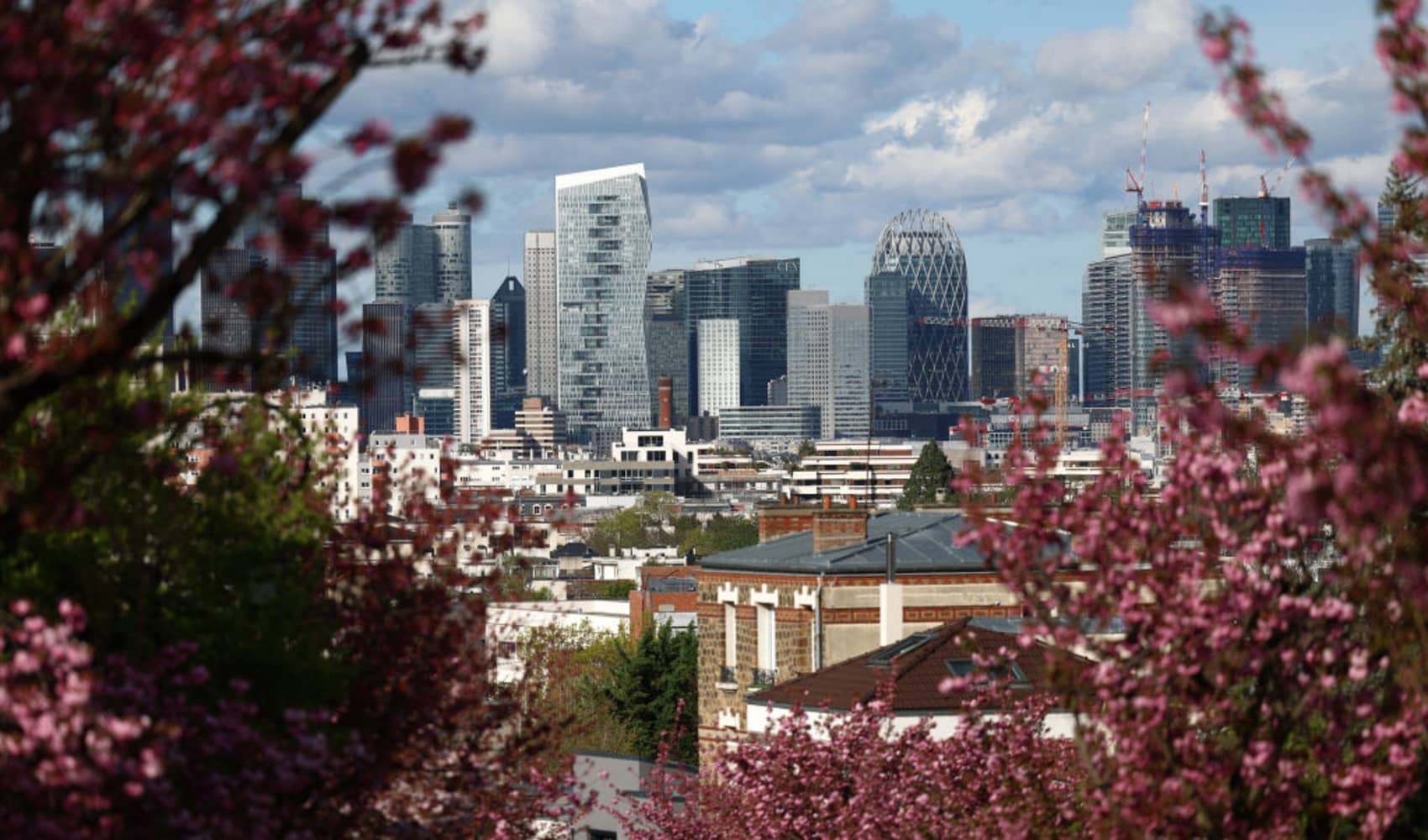
Psychologists have long agreed more money can equate to more happiness — to a certain extent.
Since a notable study published in 2010 by Princeton University's Daniel Kahneman and Angus Deaton, many have agreed that after about $75,000 a year, your happiness somewhat plateaus, even if your income increases.
However, a study published in 2021 by the University of Pennsylvania's Matthew Killingsworth contradicted those findings, asserting there is no plateau, and happiness continues to grow as income increases, even beyond a $75,000 salary.
Aiming to resolve these contradictory conclusions, Kahneman and Killingsworth teamed up with Penn's Barbara Mellers to determine whether there is a limit to how much happiness a bigger income can buy.
Get New England news, weather forecasts and entertainment stories to your inbox. Sign up for NECN newsletters.
For most people, there is no limit, the new study found. Participants' reported wellbeing did, in fact, increase along with income, up to and well beyond earning $75,000 a year.
What's more, the researchers found that happiness really only plateaus as income increases — above roughly $100,000 a year — for people who were already somewhat unhappy to begin with.
While money certainly helps bring joy and satisfaction to your life, it won't have the same impact on everyone. If your life is missing some other desire, more money can only take your wellbeing so far.
Money Report
Can a bigger salary make you happier?
The researchers first set out to determine why one study showed a happiness plateau while the other did not. But first, they had to get on the same page about where a plateau might be.
Kahneman's original study that put the plateau around $75,000 more specifically saw happiness flatten in the $60,000 to $90,000 salary range, making the $75,000 number the midpoint, which is why it gets cited as the official plateau.
For the new study, the researchers decided to look at incomes above or below $100,000 as a starting point.
That's because they call Kahneman's plateau less than or equal to a $90,000 salary, which by the time of Killingsworth's study would be less than or equal to $97,000, when adjusted for inflation. Since Killingsworth's study categorized that salary in the $90,000 to $100,000 range, they decided to simply look at incomes above or below $100,000.
By looking at the progress of participants' unhappiness diminishing, rather than their happiness increasing, the new research confirmed the earlier findings that a higher income is correlated with less dissatisfaction, or a higher level of happiness.
Taking it a step further, the researchers examined who, exactly, is seeing their wellbeing improve with more money in their pockets. The answer: most of the population, the researchers found. While happiness began to slightly level off among study participants who earned at least $500,000, the researchers said not many participants were above that threshold.
Additionally, some people — the happiest 30% of the population — see even less of a plateau. To their surprise, the researchers found that wellbeing continues to grow, and even accelerates slightly, when participants start to earn more than $100,000 a year.
An "unhappy minority" revealed itself, however, as the researchers found the most explicit happiness plateau among the least happy 15 to 20% of people. This group does see their unhappiness diminish as income increases, but not much after earning around $100,000 a year.
The joy money can't buy
While these statistical correlations between money and happiness exist, they are rather insignificant in the big picture of your overall satisfaction, the researchers say. More money can help you feel somewhat happier, but it may not move the needle as much as you'd think.
"The effect of an approximately four-fold difference in income is about equal to the effect of being a caregiver, twice as large as the effect of being married, about equal to the effect of a weekend, and less than a third as large as the effect of a headache," the study says.
So will more money make you happier? For most of the population, yes.
But you'll find much more satisfaction in life if you identify and focus on the areas that bring you the most joy, such as your relationships, hobbies or career.
DON'T MISS: Want to be smarter and more successful with your money, work & life? Sign up for our new newsletter!
Get CNBC's free Warren Buffett Guide to Investing, which distills the billionaire's No. 1 best piece of advice for regular investors, do's and don'ts, and three key investing principles into a clear and simple guidebook.






